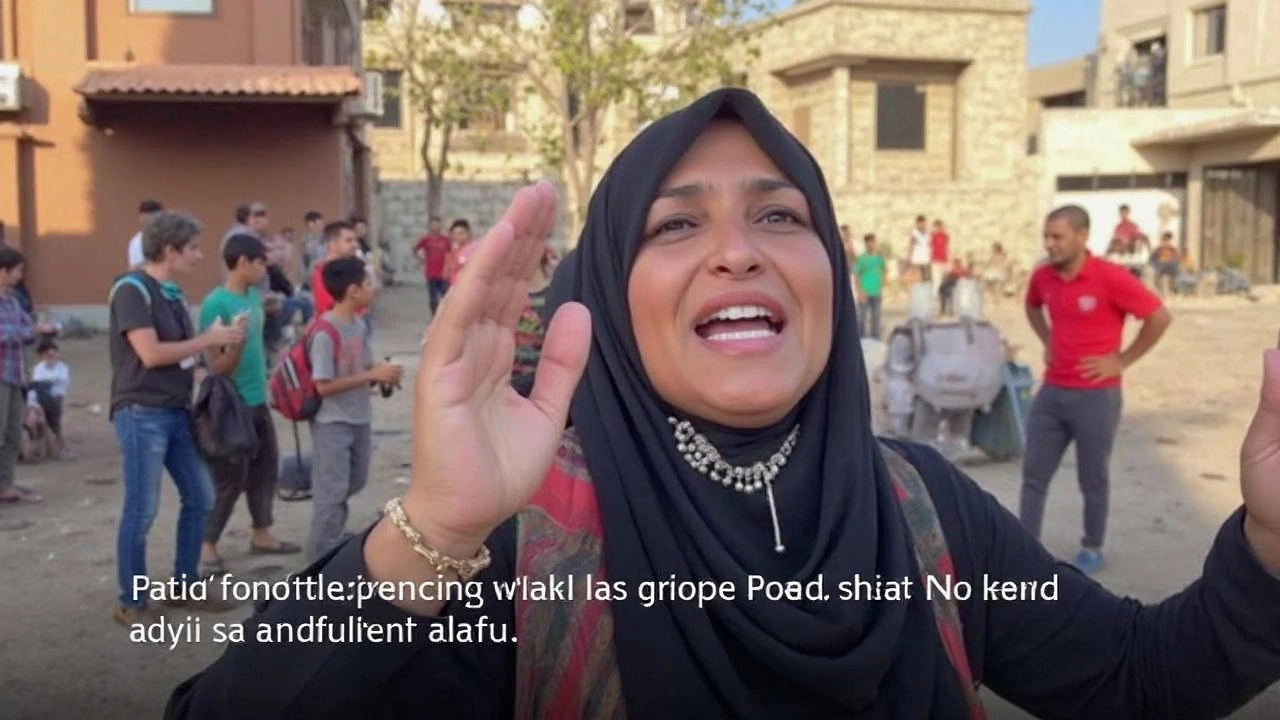Humanitarian Crisis: What’s Happening and How You Can Help
When a disaster strikes – whether it’s a quake, war or forced migration – lives are turned upside down in minutes. A humanitarian crisis means basic needs like food, water, shelter and medical care disappear for whole communities. Understanding the signs and the real‑world stories behind the headlines helps us act faster and smarter.
Recent Crises in the News
Just weeks ago a 6.0‑magnitude earthquake rattled eastern Afghanistan, killing over 1,100 people near Jalalabad. Landslides blocked roads, making rescue work a nightmare. China and the International Federation of Red Cross pledged aid, but millions still lack safe shelter.
Across the UK, the debate over asylum hotels has turned violent. A High Court ruling backed Epping Forest’s effort to close an asylum hotel, sparking far‑right protests in cities from Bristol to Liverpool. Meanwhile, South Norfolk Council is fighting a Home Office plan to turn the Park Hotel in Diss into single‑adult asylum accommodation, issuing enforcement notices and warning of legal action.
These stories illustrate two sides of a humanitarian crisis: natural disasters that overwhelm local resources, and forced displacement that creates political tension. Both demand quick relief, coordinated response and long‑term planning.
How You Can Make a Difference
Ready to help? Start with reputable charities that focus on emergency relief – they need cash, supplies and volunteers to move quickly. If you’re in the UK, consider donating to the British Red Cross or local refugee support groups that assist people staying in temporary hotels.
Small actions add up. Sharing verified information on social media spreads awareness without adding to panic. Volunteering at a nearby shelter, donating blood, or simply checking in on neighbours affected by a disaster can save lives.
Lastly, stay informed. Follow updates from trusted news outlets and official agencies like the UN Office for the Coordination of Humanitarian Affairs (OCHA). Knowing what's happening on the ground makes your contribution more effective.
Humanitarian crises are tough, but we don’t have to stand by. Whether it’s an earthquake in Afghanistan or an asylum hotel controversy at home, every bit of help moves the needle toward relief and recovery.

Dozens Dead as Israeli Troops Fire on Palestinians at Gaza Food Aid Centers
Israeli forces opened fire at Palestinians trying to reach food aid in Gaza, killing dozens and injuring many more. Witnesses describe chaos and lethal force, challenging official military statements. The violence puts a spotlight on the severe humanitarian situation in Gaza and complications with the new aid system.
View more